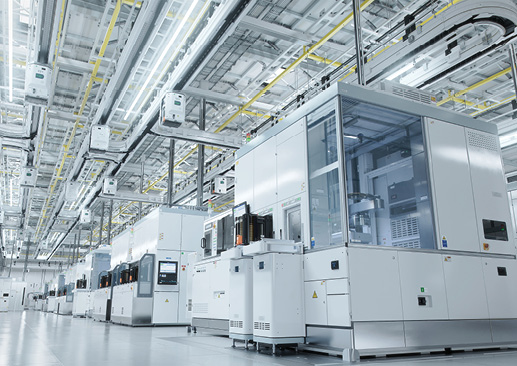
Why Contamination Control is Important in Automotive and Industrial Electronics
Photonics and Optics
Contamination control is essential to ensure the integrity of optical surfaces, minimizing defects that could degrade performance in applications such as optical sensors, imaging systems, and advanced display technologies. Cleanroom environments and meticulous handling processes are crucial to maintaining optical clarity and reliability.
Data Farms
Data farms house critical electronic equipment like servers and networking devices, processing vast amounts of data. Contamination in these environments can lead to equipment failures, data corruption, and operational disruptions. Effective particle and contamination control measures are necessary to maintain optimal performance and reliability, ensuring uninterrupted operation and data integrity.
Automotive Applications
- MEMS (Micro-Electro-Mechanical Systems): Clean manufacturing environments are crucial to prevent particle-induced defects that could compromise automotive MEMS sensor functionality.
- Paint Quality: Contamination control is vital in automotive paint processes to achieve high-quality finishes. Maintaining cleanliness during paint application helps prevent defects such as particles or contaminants that could affect paint adhesion, appearance, and durability.
- Electric Vehicles (EVs): Particle and contamination control are critical in EV components such as engines, fuel injectors, batteries, and electronic systems. Clean manufacturing environments and rigorous quality assurance processes are essential to enhance the performance, efficiency, and longevity of electric and hybrid vehicles.

 汉语
汉语
 English
English
 Français
Français
 Deutsch
Deutsch




